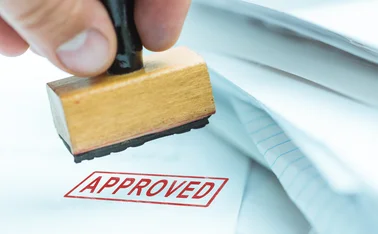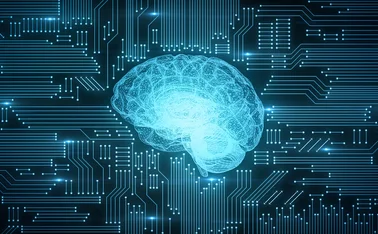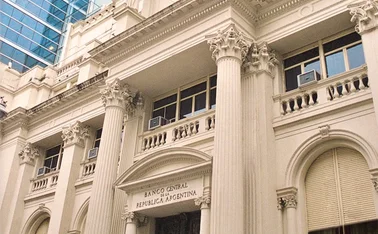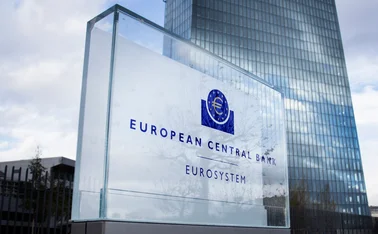
Credit shocks: evidence from corporate spreads and defaults
Research published by the Dallas Federal Reserve examines the links between credit shocks and the macroeconomy.
The paper notes that recent research has found that exogenous shocks to spreads paid in corporate credit markets are a substantial source of macroeconomic fluctuations. However, an alternative explanation of the data is that spreads respond endogenously to expectations of future default.
The research uses a simple model of bond spreads to find that credit market shocks cause a
Only users who have a paid subscription or are part of a corporate subscription are able to print or copy content.
To access these options, along with all other subscription benefits, please contact info@centralbanking.com or view our subscription options here: http://subscriptions.centralbanking.com/subscribe
You are currently unable to print this content. Please contact info@centralbanking.com to find out more.
You are currently unable to copy this content. Please contact info@centralbanking.com to find out more.
Copyright Infopro Digital Limited. All rights reserved.
You may share this content using our article tools. Printing this content is for the sole use of the Authorised User (named subscriber), as outlined in our terms and conditions - https://www.infopro-insight.com/terms-conditions/insight-subscriptions/
If you would like to purchase additional rights please email info@centralbanking.com
Copyright Infopro Digital Limited. All rights reserved.
You may share this content using our article tools. Copying this content is for the sole use of the Authorised User (named subscriber), as outlined in our terms and conditions - https://www.infopro-insight.com/terms-conditions/insight-subscriptions/
If you would like to purchase additional rights please email info@centralbanking.com
Most read
- Trends in reserve management 2024: survey results
- People: RBI appoints senior officials
- China to start selling ultra-long term sovereign bonds







